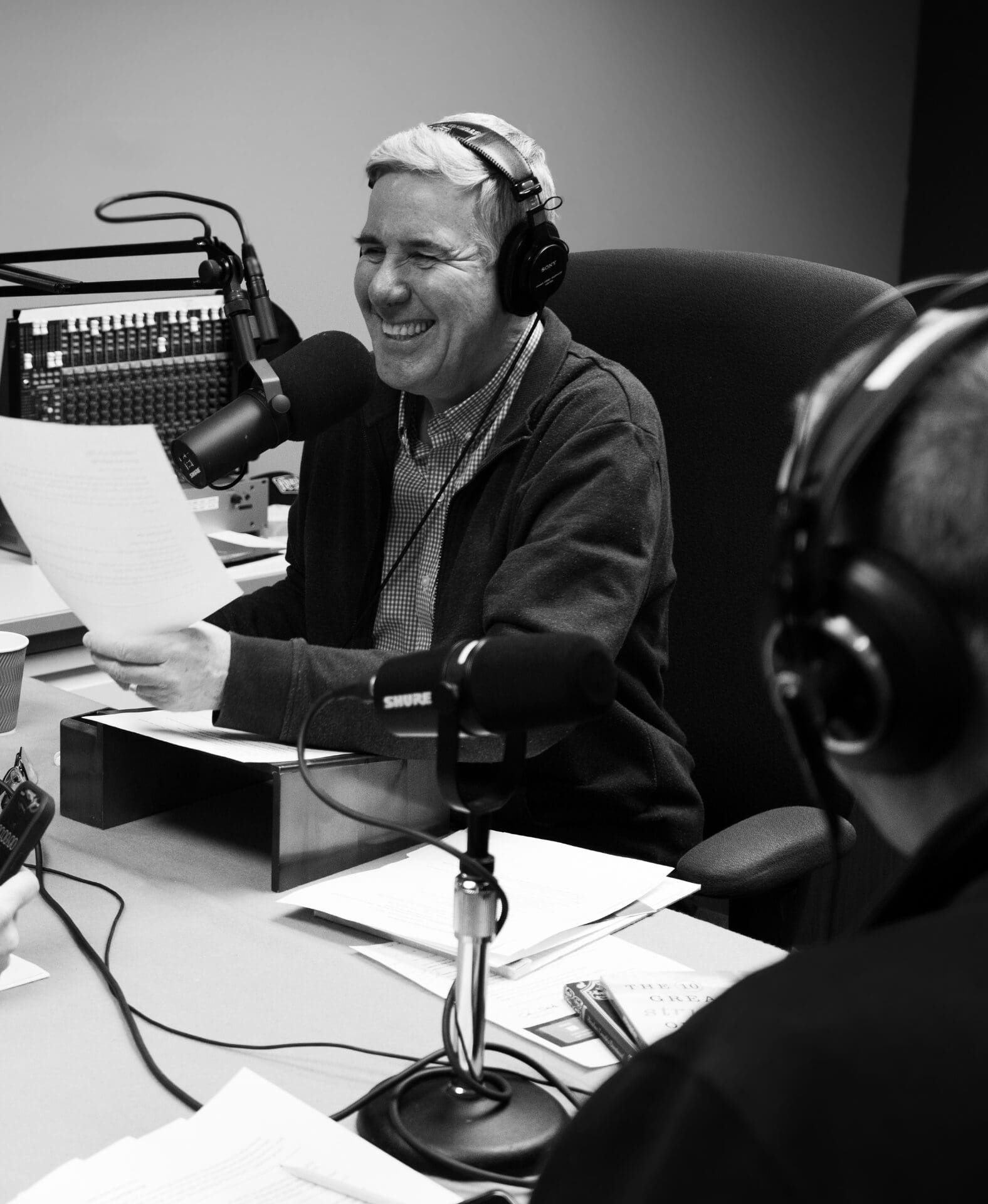On the Apostle Paul’s second missionary journey, he arrived in Athens ahead of the rest of his team (Acts 17:16). This gave him some time to look around the city, and he was disturbed by the overt idolatry that adorned the marketplace and permeated this center of Greek culture.
The colonnades of the Parthenon towered over the surrounding buildings as symbols of the strength and glory of human reason. The gold and ivory statue of Athena kept watch over the city, with a spear point visible up to forty miles away. And the visage of Hermes was emblazoned over all entrances to the marketplace.
Before Paul had his first conversation, he could see what the Athenians valued and, really, what they worshiped. As we look around our city we see some of the idols of our day: money, success, appearance, fame, pleasure, power, and self. Like Paul, our spirit should be provoked within us, moving us to speak.
Positioned to Proclaim the Gospel
Paul started with his own people, reasoning in the synagogue, but he also went to the marketplace where the philosophers gathered every day (17:17). His teaching on Jesus and the resurrection was new to them, so they invited him to explain what he was talking about. Whenever the Holy Spirit opened a door, Paul quickly went through it, seizing the opportunity to proclaim the gospel.
The great evangelist opened by affirming the religious interest of the Athenians and demonstrating that he had spent some time learning about their beliefs (17:22-23). Noting a specific altar there marked “to an unknown god,” Paul quickly transitioned to the gospel: “What you worship as unknown, this I proclaim to you.” Then he simply presented the truth:
- There is one God who created everything (17:24);
- This God is the sovereign Lord who rules over heaven and earth (17:25-26);
- God has appointed one man (Jesus) to judge all people for their sin and idolatry, proving his authority by raising him from the dead (17:31);
- Therefore God commands all people to repent (17:30) and put their faith in Jesus alone to be forgiven and saved from this coming judgment (17:34; see 16:31).
In the middle of this gospel message, Paul made a point that has profound significance for how we do evangelism today.
And he made from one man every nation of mankind to live on all the face of the earth, having determined allotted periods and the boundaries of their dwelling place” (Acts 17:26).
As the Creator of all people and all nations, God has determined our times and places. He has established the exact dates for the rise and fall of kingdoms and empires, fixing their boundaries just as he said to the ocean, “this is where your waves will stop.” And the purpose for this divine positioning is stated in verse 27: “that they should seek God.”
Where You Live Is No Accident
Every one of us has been positioned, by God himself, for the purpose of gospel proclamation. He has established the allotted period of our lives down to the exact number of breaths we will breathe. He has determined the boundaries of our lands, down to the finest details of our neighborhoods, homes, apartments, workplaces, and relationships. And the reason for all of these very intentional arrangements is to maximize the number of people who will hear and respond to the Good News.
Where you live is not an accident, it is an assignment. Where you work is not an accident but an assignment. Who you love, who you bump into at the store, your hobbies and interests, your experiences, and even your most severe pain – all of these things are the divine intersection of your personalized assignment from the Lord “so that they should seek God.” Each one of us has been positioned to proclaim the gospel, for this time and in this place.
Think of your neighborhood as first of all where you live. That geographic piece of land is my baseline assignment. Do I know my neighbors’ names? Do I know their basic information? Do I know their heart level concerns?
But your neighborhood is also where you work, where you play and who you love. All of the people God has placed around you are within your circle of influence. He has positioned you with unique opportunities to reach out to people in ways no one else can.
Be encouraged as you pray for the people in your “neighborhood,” that God will open up opportunities to speak with them. And be prepared, when he does open those doors, to share the life-changing message of the gospel, confident that our all-sovereign Creator, our all-loving Savior, and our all-conquering King “is actually not far from each one of us” (17:27).




